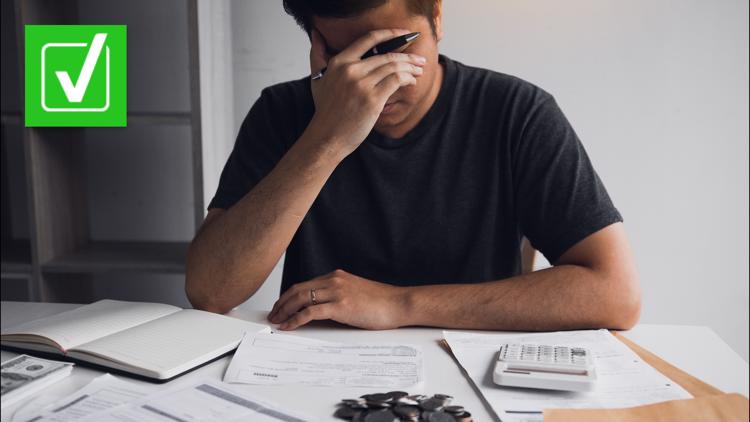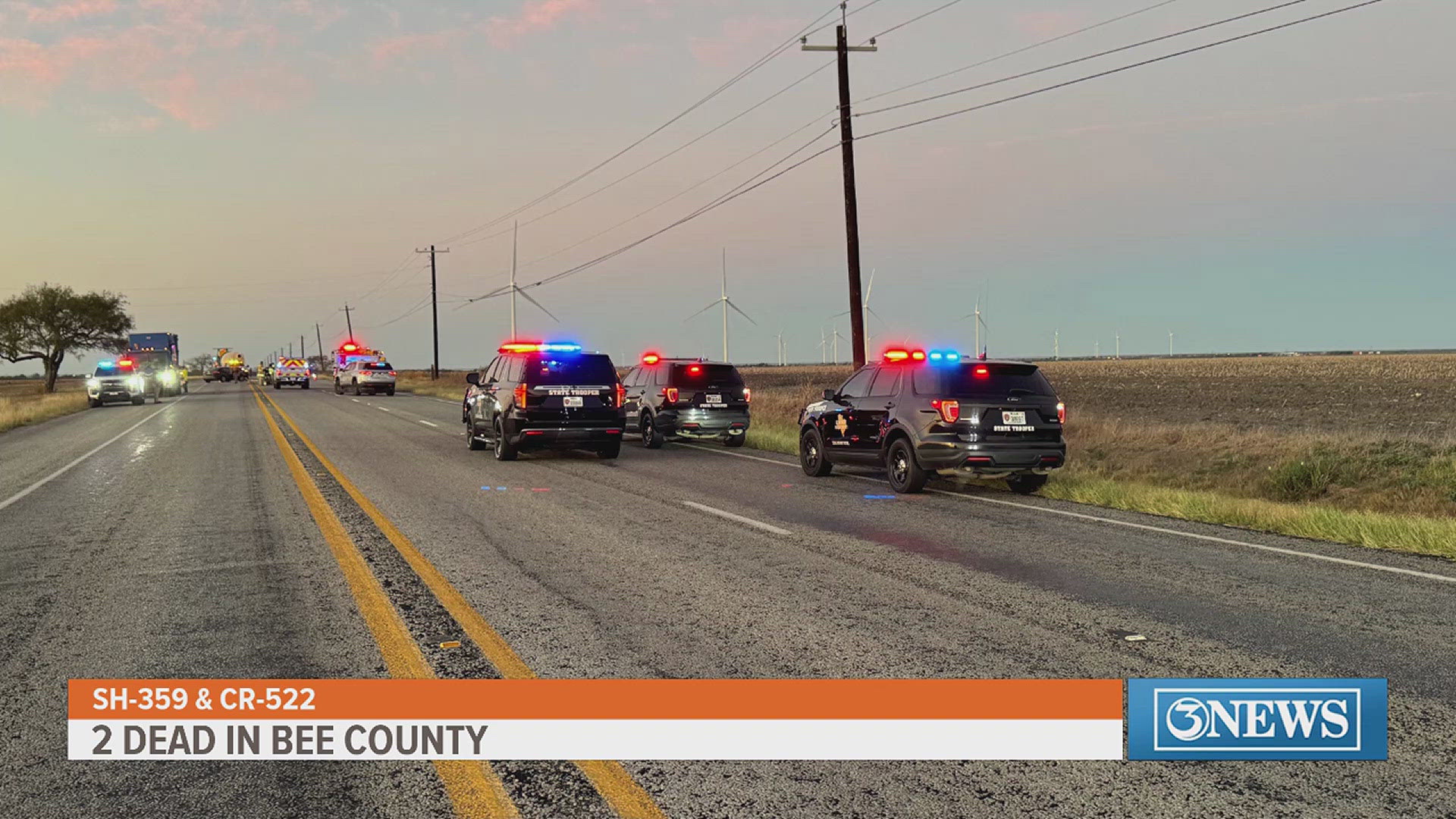CORPUS CHRISTI, Texas — Last month, President Biden announced his plan to cancel up to $20,000 of student loan debt for qualified barrowers.
The plan aims to help current and former students gain better financial footing throughout the course of their lives. With the cost of education rising, students have found themselves having to make tough decisions, some of which involve postponing milestones like home ownership or starting a family.
Borrowers are eligible for debt relief if their individual income is less than $125,000 or $250,000 for households, according to the studentaid.gov.
The income cap makes it possible for many borrowers across the state to be able to qualify for debt forgiveness. However, borrowers who have debt that exceeds $20,000, or have private student loans, may still feel some financial hardship.
Biden's plan only provides assistance to borrowers who used federal student loans to back their education, since private loans are backed by banks and credit unions.
While the initiative aims to help borrowers get a foothold on their financial situation, the reality is some borrowers will need to brace themselves for the reality of repayment.
Biden extended an existing pause on student loan payment requirements until January of 2023, meaning borrowers can prepare themselves for their inevitable repayment by considering the following:
Consider consolidation - Consolidating loans makes it easier to track payments and turn your student loans into one finite bill. The act of consolidation also helps if borrowers don't mind paying off their loans in a longer period of time, with the tradeoff being a lower monthly payment. It's important to note that consolidating loans can extend your payment duration by up to 30 years, according to the student aid website.
Look at your payment options - Borrowers have more control over their student loan payments than they realize. A student with federal student loans will qualify for the Graduated Repayment Plan. Under this plan borrowers have the opportunity to start out with a low monthly loan payment. This type of repayment plan favors students who may not have a high starting salary and are looking to make the minimum payment on their loans. However, the drawback is that the borrower will have to pay more over the course of the loan. For a look at other forms of repayment plans, click here.
Seek outside help - Students have had to take out loans for a variety of reasons, meaning that it may be a good idea to seek outside help in getting your debt under control. Many universities offer financial workshops and counseling sessions for both current and former students.
Consider going back home - This one may not be a fan favorite, but it can literally pay off in the long run. If the opportunity is there, borrowers might consider living with family again so they can tackle some of their student loan debt. Rent, car payments, insurance and other expenses already run a high price tag. According to educationdata.org, the ideal monthly payment for a newly graduated bachelor's degree holder is between $354-$541. If you're a fresh college graduate or someone who may need to cut back on expenses, consider seeing if mom and dad will let you come back home. You may be surprised at the answer.
More from 3News on KIIITV.com:
- 60+ stolen shopping carts recovered in Flour Bluff neighborhood, arrest made
- Parent arrested after 4-year-old found with loaded handgun at JFK Elementary
- Woman with ties to Corpus Christi thought to be missing was actually evading arrest, tracked to South America
- 'Irreplaceable leader': Corpus Christi teen died of heat stroke playing football
- Trade Center navigating solutions to reopen after electrical issues
- Beto O'Rourke missed South Texas events due to bacterial infection, he says
Want to send us a news tip?
Put your name and contact information below so we can get in touch with you about your story should we have questions or need more information. We realize some stories are sensitive in nature. Let us know if you'd like to remain anonymous.
If you do not have a photo/video to submit, just click "OK" to skip that prompt.



